Essential 21st Century Travel Lingo
Learning expressions to use when travelling has always been one of the first things to learn in another language. But the times have changed! Today, suitcases have wheels, postcards have been replaced by Instagram, and asking for directions is more optional than necessary. So as the world of travel has changed, the language used in our voyages should have changed too, right? If your travel lingo is stuck in 1960s, this is for you.

Accommodation – Almost all words that end in –ion are the same between all Latin languages and are present in English. One of the exceptions to this rule is ‘accomodation’, which in Spanish is alojamiento.
Walking Tour – A guided walk around a city, usually focussing on history and culture. Many ‘free’ walking tours exist in major cities that are funded by a donation at the end of the tour.
To book / Booking – Synonym of ‘to reserve’. Booking.com is also one of the most widely used hotel reservation websites.
Arbnb – website where you can book rooms in people’s houses and apartments.
Couchsurfing – Staying in someone’s house, for free, often on their sofa (couch). Couchsurfing.com is a commonly used website for this purpose.
Hostel – A type of hotel that is normally for younger, independent travellers (or ‘backpackers’), that usually have the option of renting a bed in a dormitory as a cheaper alternative to renting a room.
Backpacker – A traveller who visits many places in a single trip, which is generally a longer trip than other types of traveller. Backpackers generally have lower budgets than people who are on holiday for a couple of weeks, and often carry backpacks instead of luggage on wheels.
Flashpacker – A traveller who acts like a backpacker in some ways, but spends more money; perhaps by choosing private rooms instead of dorms, or by eating in restaurants instead of cooking in hostels.
Dorm – Short for dormitory. A shared room.
Hitchhiking / Hitching – Traveling by asking strangers to use a free space in their vehicle. Commonly known as ‘autostop’ in many parts of the world.
Low-Cost – An airline that offers cheaper flights than most other airlines, normally by cutting some services from flights, such as food, luggage allowances and leg-space!
Visa – Permission to enter a country. Depending on the country, you may need to apply for this online before entering, or you may be able to get it at the border. The number of visa-free permissions to enter countries is increasing worldwide.
Money-belt – A tight-fitting belt with pockets that normally sits under your clothes. It is useful for keeping money, cards and your passport.
Autorickshaw / tuk-tuk – A three-wheeled vehicle normally used as a taxi in many parts of Asia. The term tuk-tuk is more common in South-East Asia.
Bureau de Change – A money-exchanging service. This French name is more common in the UK, and Currency Exchange is more common in the US.
Cancellation Policy – Some hotels offer free cancellations until a few days before arrival, and others will immediately charge you for making a small alteration to your booking. This is something to pay attention to when booking!
F.O.M.O. – Fear of missing out. A common problem when seeing friends and families’ pictures online.
Low-season / High-season (Also Off-peak/Peak) – Times in which there are a lot of people travelling or few people travelling. In Europe this is particularly important, as in the Summer holidays or August and September, hotel prices may be as much as four times more expensive during these months, than in the Winter.
Test Yourself
Choose the right word from above to fill the gaps of this paragraph:
John was looking online to ______ a hotel in Bangkok. He thought that the prices would be good in February as that is ____ season in South East Asia. John isn’t really a __________ because he prefers to stay in hotels rather than _________, and is happy to spend a bit of extra money for good food! He isn’t completely sure when he will be able to travel, so he wants to book a hotel with a good ___________ policy. A few days before travelling he will go to a _____________________ to change his Euros to Thai Bhat. He has been reading online about a good __________ _________ that could be a good way to get to know the city. His younger sister says that he is a _______________ because he spends a lot of money when he travels. He says this isn’t true, because when he was younger he stayed in people’s homes _______________, and travelled by ______________ through Europe. One thing is true, though – when he saw pictures of her in Thailand last year, sitting in the back of a __________, it gave him _________ !
Need help? These are the words that are missing from the text.
Walking Tour – Backpacker – TukTuk – Bureau de Change – Book – FOMO – Hitchhiking – Hostels – Couchsurfing – Low – Cancellation – Flashpacker
Did you get them all? Can you think of any other important words for the traveller of the 21st century? Let us know in the comments section below.
Podcast: Play in new window | Download

